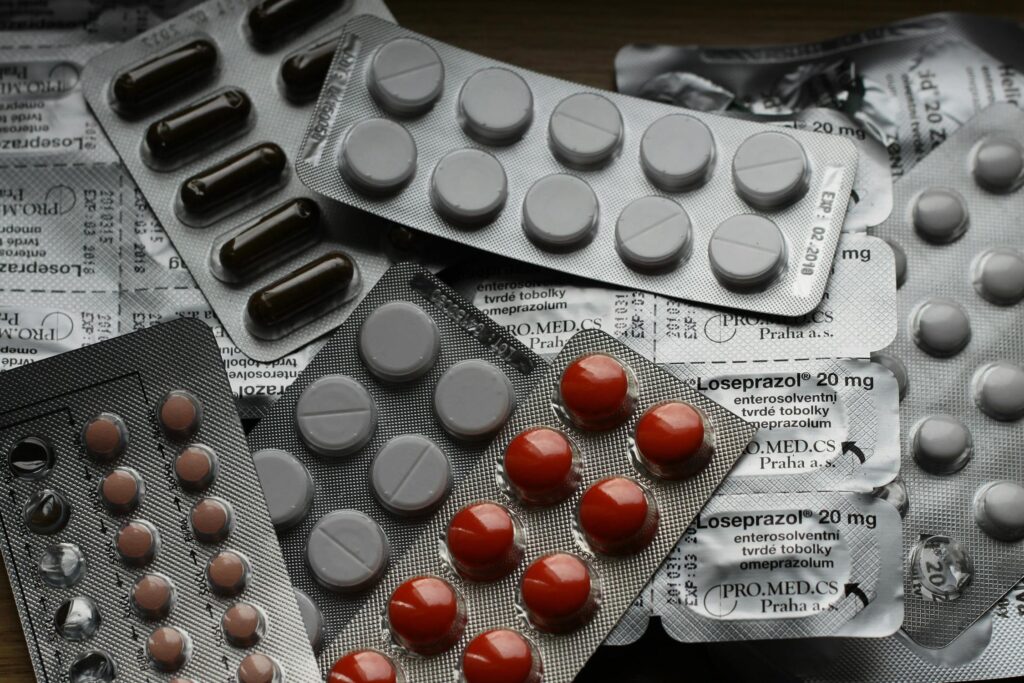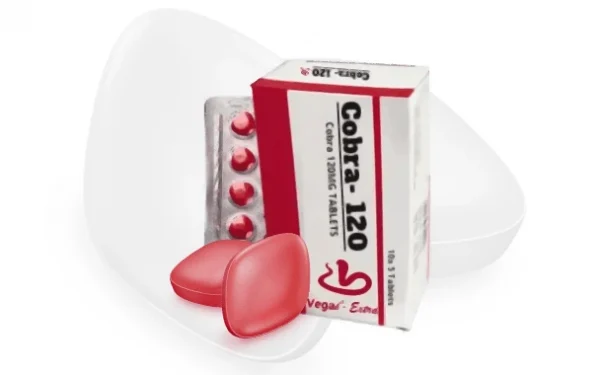How does stress affect your erection? That is what many men wonder.
Erectile dysfunction are often associated with physical causes such as poor circulation or hormonal imbalance, but mental factors play at least as important a role. Stress and uncertainty can have a huge impact on your erection and sexual performance. But how exactly does this work? And what can you do about it? In this blog, we delve into the psychology behind erectile dysfunction and provide practical solutions to perform with confidence again.

What happens in your body when you are stressed?
Stress is a natural response of the body to challenging situations. When you are stressed, your body produces the stress hormone cortisol on. This hormone has a negative effect on the production of testosterone, the hormone that is crucial for a healthy erection and sexual desire.
In addition, stress activates the sympathetic nervous system, which causes your body to go into a 'fight or flight' mode. This increases blood flow to essential organs like the heart and muscles, but reduces blood flow to the penis. The result? Difficulty getting or maintaining an erection.
The influence of uncertainty and performance pressure
Many men experience insecurity about their performance in bed, especially if they have previously suffered from erectile dysfunction. This insecurity leads to performance pressure, which only makes the problem worse.
- You are afraid of failure → You get stressed → Your body produces cortisol → You don't get an erection → This confirms your insecurity → The cycle repeats itself.
This is also called the 'psychological erection problem' and is common in young men or men new to a relationship.
Common Mental Causes of Erectile Dysfunction
- Stress from work, relationships or financial problems
- Fear of failure in bed
- Uncertainty about body image or penis size
- Depression or anxiety disorders
- Bad experiences from the past
How to reduce stress and insecurity for better erections?
Fortunately, there are several proven methods to reduce stress and insecurity, allowing you to perform with confidence again.
1. Relaxation techniques
- Breathing exercises: Deep breathing helps calm the nervous system.
- Meditation or mindfulness: Reduces stress and increases your self-confidence.
- Progressive muscle relaxation: Helps to release physical tension in the body.
2. Positive thinking and building self-confidence
- Focus on fun instead of performance.
- Avoid negative thoughts about yourself and your body.
- Remind yourself that failing once doesn't mean anything.
3. Talk about it with your partner
Open communication with your partner can significantly reduce the pressure to perform. Discuss your feelings so that you can work on a solution together.
4. Lifestyle improvements
- Exercise regularly: Reduces stress and increases testosterone.
- Healthy food: Avoid sugars and processed foods, eat more vegetables, fruits and healthy fats.
- Enough sleep: A good night's sleep helps regulate stress hormones and increase testosterone.

5. Consider natural or medical support
- Herbs and supplements such as ginseng, maca and L-arginine can reduce stress and improve erection quality.
- Erection pills such as Sildenafil (Viagra, Kamagra) or Tadalafil (Cialis) can temporarily help to break the vicious circle of uncertainty and failure.

Reduce stress, increase your potency!
Stress and insecurity can have a major impact on your erection, but by applying relaxation techniques, a healthy lifestyle and the right mindset, you can regain control over your sexual performance.
Want an instant solution? Discover natural and medical treatments for erectile dysfunction and regain your self-confidence!
1. Can acute stress immediately prevent an erection?
Yes. Acute stress releases adrenaline, which constricts blood vessels and reduces blood flow to the penis. This makes it harder to get an erection.
2. How does chronic stress affect my hormone levels?
Long-term stress increases the stress hormone cortisol. High cortisol levels inhibit the production of testosterone, which is essential for healthy sex and erectile function.
3. Does psychological pressure play a role in erectile dysfunction?
Definitely. Ruminating thoughts and anxiety about performance can create a negative loop: fear of failure leads to stress, which in turn causes erectile dysfunction.
4. Does lack of sleep due to stress affect my erections?
Yes. Stress can disrupt your sleep, and not getting enough sleep lowers testosterone and recovery time. That reduces your libido and the quality of your erections.
5. Can stress-related behaviors (such as alcohol or smoking) contribute?
Under stress, some men turn to alcohol, nicotine or drugs. These substances disrupt blood flow and nerve function, thereby increasing erectile dysfunction.
6. How can I reduce stress for a better erection?
Tips:
- Daily relaxation exercises (breathing, meditation)
- Regular exercise (cardio improves blood flow)
- Good sleep routine (7–8 hours)
- Open communication with your partner to remove performance pressure
7. When should I seek professional help?
If stress-related erection problems persist for more than three months and your own measures do not help enough, consult a doctor or sex therapist for advice and possible treatment.





